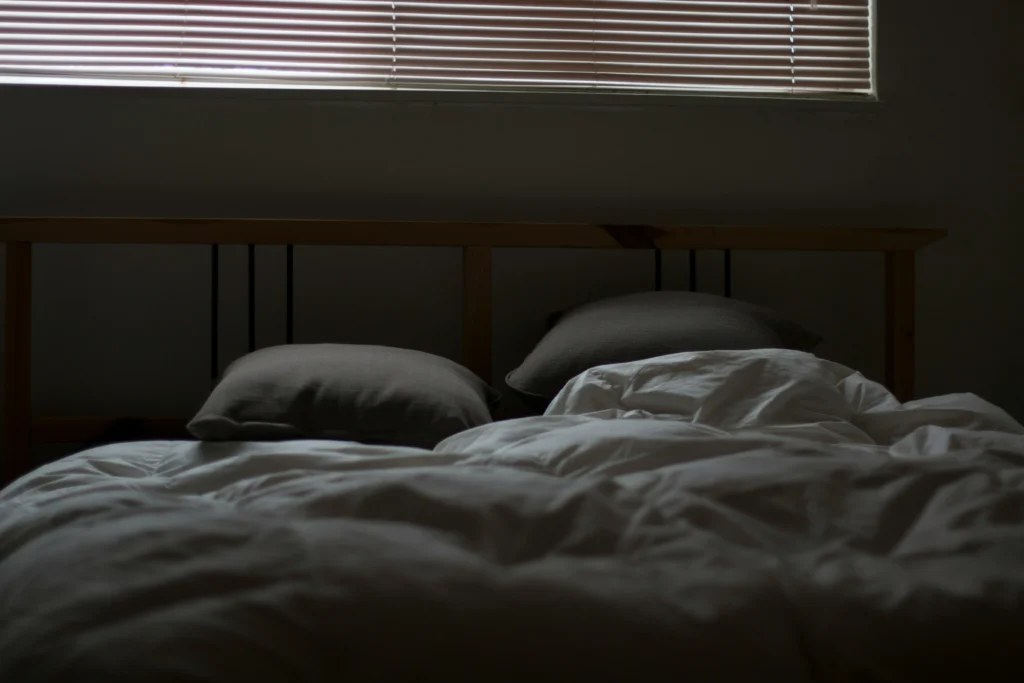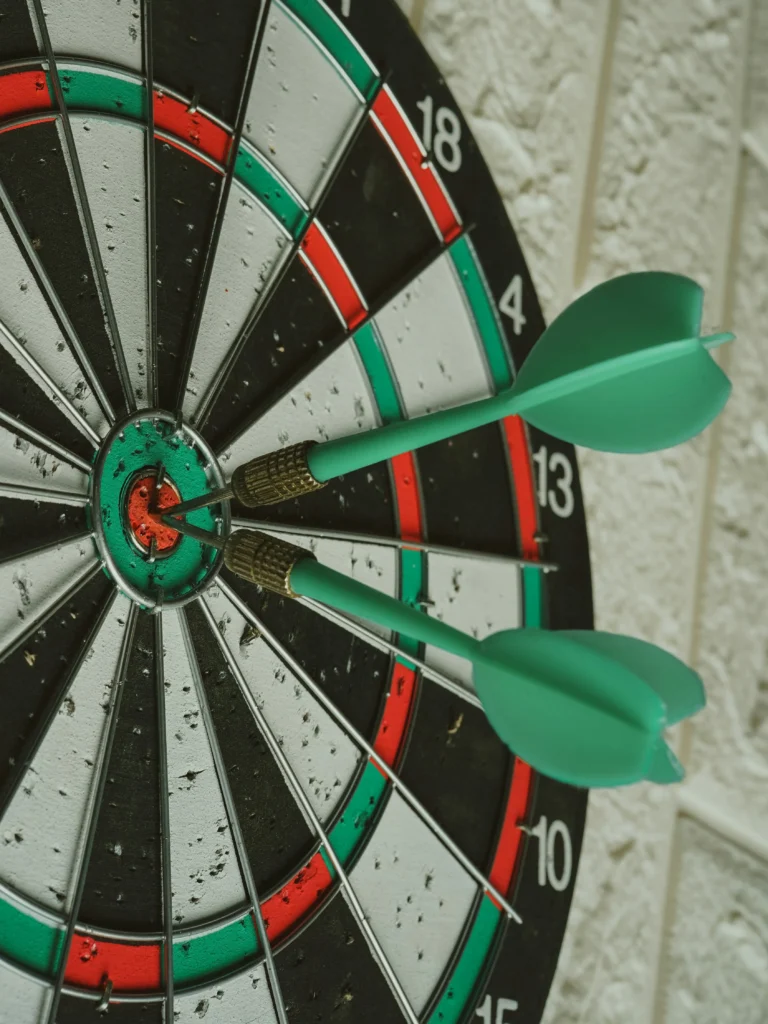Introduction and Concerns
Sleep is something most of us will do a third of our lives. Yet, most people aren’t doing it right, and its making you weak.
Men who routinely sleep just five hours a night have significantly smaller testicles then those who sleep 7 hours or more.
Men who routinely sleep just 4-5 hours a night will have testosterone levels of someone 10 years older than them.
Poor sleep can cause erectile dysfunction and men who get 6 hours or fewer of sleep a night are 31% less likely to impregnate their wife, shown in this study.
“Without sleep, there is low energy and disease. With sleep, there is vitality and health,” – Matthew Walker.

Sleep is like the body’s repair shop. It’s when we get to fix and rebuild all our worn-out tissue. It’s when our brains do “housekeeping” to get rid of all the toxins that built up while we were awake. It’s when our brain indexes memories and thoughts from the day before. This keeps our brains healthy and running optimally, stopping groggy buildup from happening, and allowing memory and cognitive skills to operate. So, getting enough sleep is crucial for being the best you can be.
Elite athletes are recommended to get 8 hrs of sleep a night in order to feel fully rested and function optimally.
Yet, most aren’t getting that. The findings of this study looking into how much sleep athletes are getting shows an average of just 7 hrs sleep per night.
Which is concerning and a key component to correct if you are looking to function at your absolute best.
Here we will expand upon what the negative consequences are on getting poor sleep and why getting adequate sleep is something everyone should pay attention to.
The rise in popularity of this subject has sprung many new studies over recent years.
Studies showing a decline in physical and cognitive performance occurs after a night of sleep restriction.
Studies
Study 1: Effect of time of day and partial sleep deprivation on the reaction time and the attentional capacities of the handball goalkeeper
A study on handball goal keepers show sleep deprivation negatively affects cognitive performance.
This study did an analysis of the persons cognitive skills after two situations of partial sleep deprivation, one group was deprived of sleep for the beginning part of the night (going to bed later), the other was deprived of sleep for the ending period of the night (getting up earlier) and another group had a normal, habitual sleep. Here they were testing: reaction time, selective attention and constant attention. The study concluded that selective attention and constant attention was affected more by going to bed late then waking up early, and reaction time was actually worse with the group that woke early.
Study 2: Effects of One Night of Partial Sleep Deprivation upon Diurnal Rhythms of Accuracy and Consistency in Throwing Darts

This study tested the accuracy of dart throwers with normal sleep and then again after a night of only 3-4 hours of sleep. They demonstrated that increasing time awake was associated with decreased alertness and increased fatigue, as well as slight negative effects upon performance.
Another study on Judo competitors and the effects of sleep deprivation found here.
Most people will still get insufficient amounts of sleep. Some of our lives wont permit for more sleep but if at all possible, it should be taken into consideration.
In the U.S., 40% of people are getting less than the recommended amount of sleep.
Researchers have looked into further types of sleep intervention to help increase the quality of sleep such as sleep hygiene and nutrition, but nothing showed very effective results in comparison to the obvious sleep extension and napping.
Sleep Protocol
Quantity
Set a realistic bed time and alarm for the morning.
On average, 7-8 hours is what’s required for adults. Ensure you get nothing less than 7 but attaining 8 is ideal.
This can fluctuate if you are among the rare breed of people with sleep abnormalities.
Quality
What sleep quality means:
- Low-to-none wakings throughout the night
- Least amount of time spent awake after initially falling asleep
- The electrical quality of your deep NREM sleep
- How restored and refreshed you feel upon awakening
To achieve pay attention to the following:
- Diet:
Consume a balanced diet of fruits and vegetables, whole grains, and lean meat may support better sleep.
Avoid drinking anything for a couple hours before bedtime to prevent waking up throughout the night to go to the bathroom. This leads to fragmented sleep.
2. Caffeine:
Caffeine has been shown to negatively effect sleep if consumed as much as 6 hrs before bed. Ensure you do not use caffeine for a minimum of 6 hours prior to bedtime.
3. Alcohol:
Alcohol is very detrimental to your sleep and your overall health. Its consumption can disrupt electrophysiologic sleep architecture, trigger insomnia, and contribute to abnormalities of circadian rhythms and short sleep duration (SSD). studies.
4. Electronic Use:
Eliminate electronic device use for a minimum of 30 minutes before bed time. Studies show using your phone or other electronic device right before bed is associated with poor sleep quality.
5. Naps
Limit day time naps. Long naps can make it harder to fall asleep at nighttime.
Limit naps to a maximum of 1 hour and avoid napping in the afternoon.
Uniformity
Ensure you are following a sleep schedule, going to bed and waking up at the same time on weekdays and weekends. This should not change by more then 20 minutes on either side. This is important for various body and brain functions. Keeping your circadian rhythm in check will make you feel more awake when its time to be awake and sleepy when its time to sleep.
Creating a night time routine is a useful, enjoyable tool.
Set a time where its lights out. Zero technology use and no blue light.
Stretch, read, journal in a dimmed room.
Sleep well.
